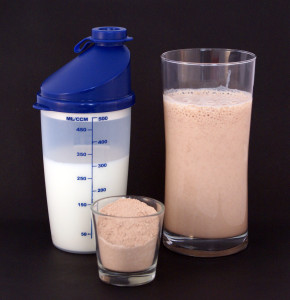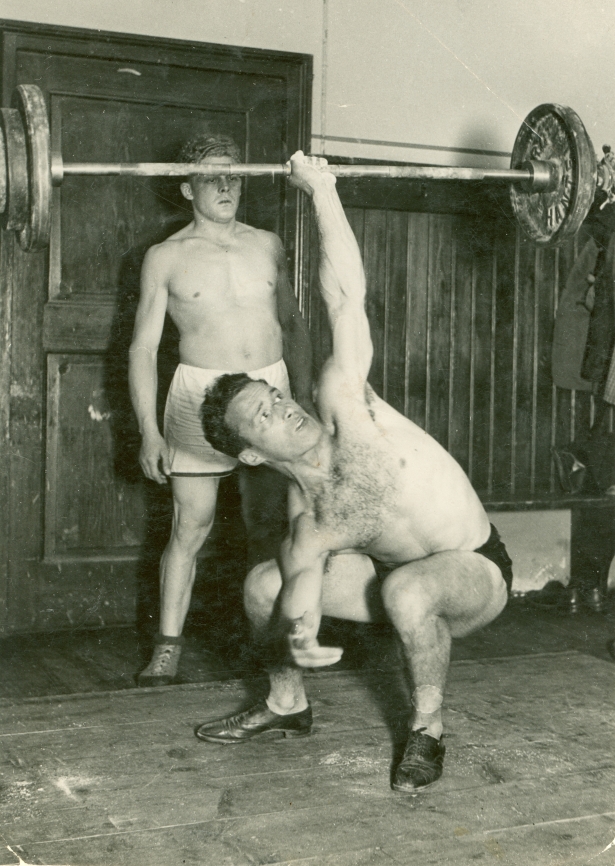DHEA (Dehydroepiandrosterone)
DHEA is a common supplement used by bodybuilders because of its effect on testosterone and strength. DHEA levels drop beginning at the age of 30, causing decreased muscle mass and libido.
DHEA seems to be a great addition to a workout stack, but there are several reported side effects. Due to the fluctuation of testosterone levels, DHEA can cause psychological disturbances including anger and insomnia. Supplementing with DHEA can also cause gender-specific alterations such as shrinking of testes or unwanted hair growth.
DHEA is likely safe when taken as directed; however, it is important to contact a physician prior to use.
Vitamins C and E
![VitaminC[1]](https://www.preworkoutbuzz.com/wp-content/uploads/2014/05/VitaminC1-300x200.jpg) These vitamins are found in most workout supplements acting as natural antioxidants. Both vitamins C and E offer many benefits including weight management support, healthy skin, and improved immune function.
These vitamins are found in most workout supplements acting as natural antioxidants. Both vitamins C and E offer many benefits including weight management support, healthy skin, and improved immune function.
It is safe to use vitamins C and E; however, it is much more beneficial to consume these vitamins through whole foods rather than supplements. Overdoing these supplements can result in fewer mitochondria meaning less energy and growth.
Tribulus Terrestris
Tribulus Terrestris is a common ingredient in testosterone boosters and pre workout supplements. Tribulus claims state that the supplement increases testosterone levels, thus improving strength, muscle mass, and sex drive.
There have been no dangerous side effects reported from Tribulus supplementation, so it appears safe to consume. The problem with Tribulus is that there are very little studies to back up the claims stating this supplement supports testosterone or performance enhancement.
Yohimbe
Yohimbine is a popular supplement taken to increase energy and fat loss, which is why yohimbine is a common ingredient in weight loss and pre workout supplements.
This supplement needs to be treated just like other stimulants. Too many stimulating supplements can cause anxiety, high blood pressure, increased heart rate, and insomnia. When using supplements in this category, it is always wise to start at the lowest dose possible to assess tolerance.
Effective and Safe Pre-Workout Supplements
 Make sure you have some whey protein and some Branched-Chain Amino Acids (BCAA) like isoleucine, leucine, and valine. The whey is the same protein you needed when you were a child to help you grow big and strong while the BCAA’s help your body use the protein more effectively and reduce delayed muscle soreness.
Make sure you have some whey protein and some Branched-Chain Amino Acids (BCAA) like isoleucine, leucine, and valine. The whey is the same protein you needed when you were a child to help you grow big and strong while the BCAA’s help your body use the protein more effectively and reduce delayed muscle soreness.
While some workout supplements have approximately 900,000 ingredients, taking the time to make sure you know what each one is and what it does can not only give you a better workout, it can save your life. Also remember that any of the beneficial ingredients – such as caffeine – can be harmful if taken in improper amounts.
The Bottom Line
Taking supplements daily is an excellent way to feel better and work harder; however, some dietary supplements do have side effects. It is always recommended to speak with a doctor before taking any dietary supplement.


